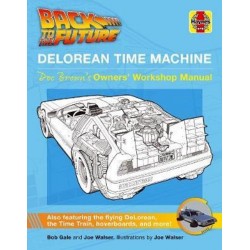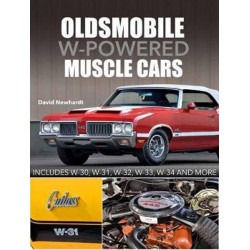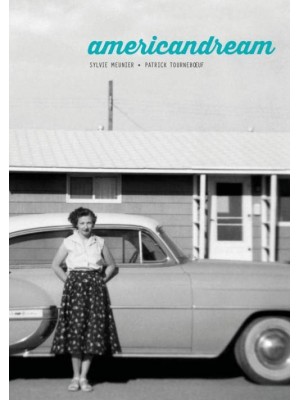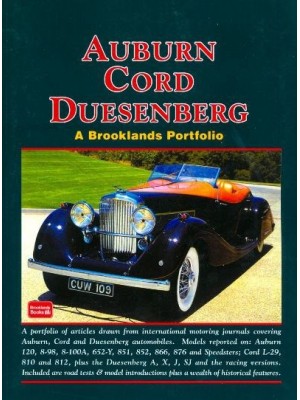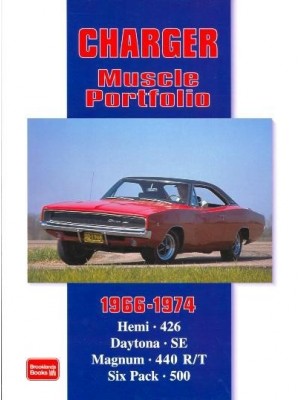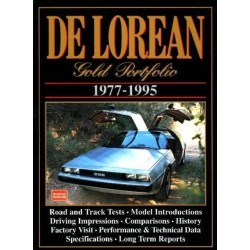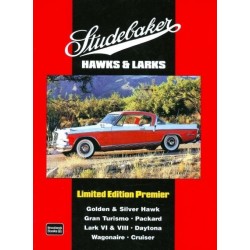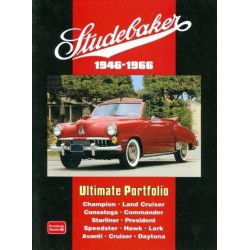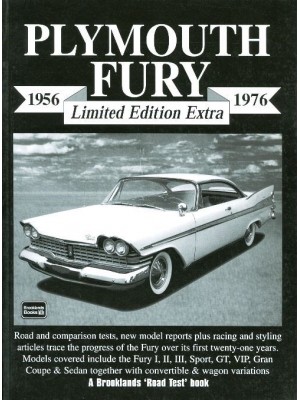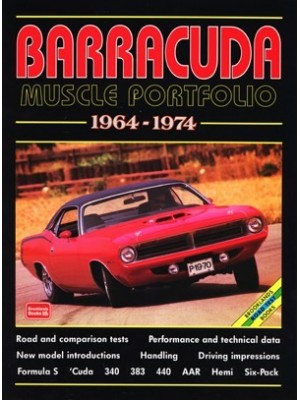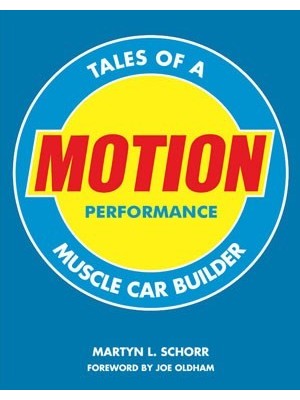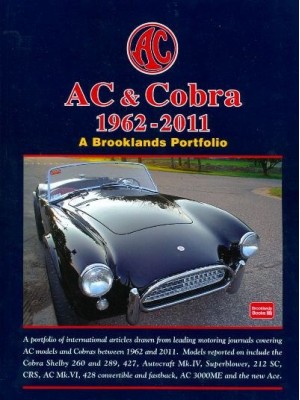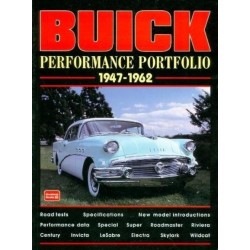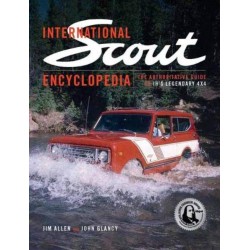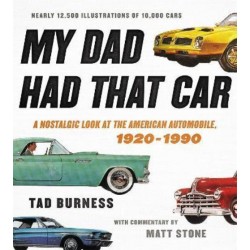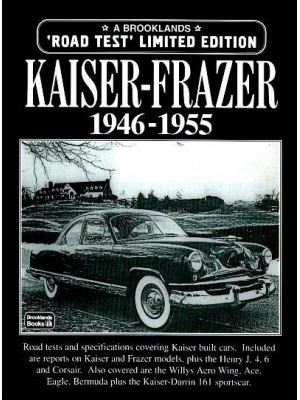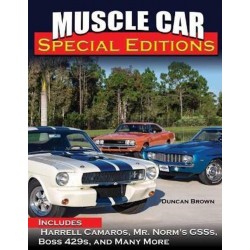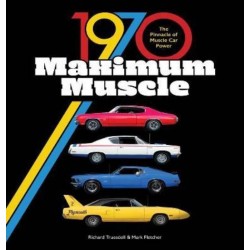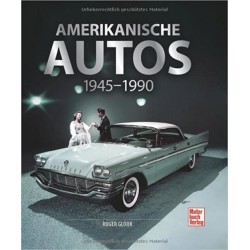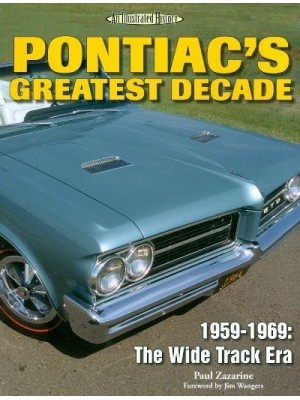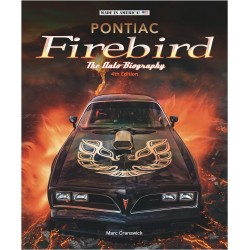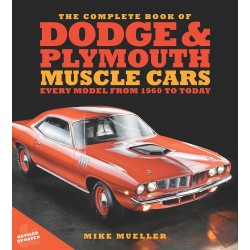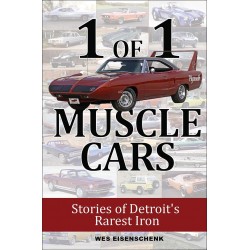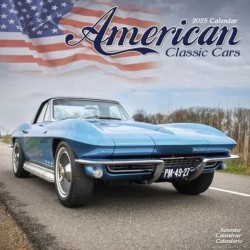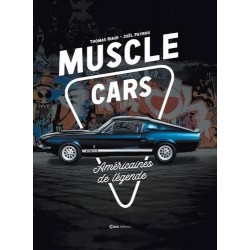Aucun produit
Librairie passion Automobile, 83 rue de Rennes, 75006 Paris (Métro, stations Rennes ou Saint-Sulpice) 01 45 48 15 14
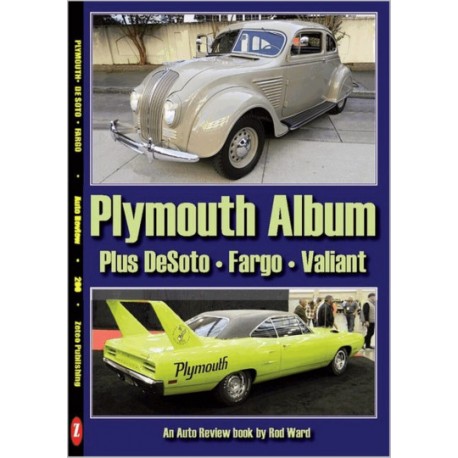 Agrandir l'image
Agrandir l'image
PLYMOUTH ALBUM PLUS DE SOTO - FARGO - VALIANT
Walter P Chrysler was a name to conjure with in the 1920s. He had rescued Willys and in 1921 he had taken over Maxwell-Chalmers. In 1924 he launched the Chrysler Six, and the old Maxwell became the Chrysler Four. In 1926 the range was reorganised as the Chrysler 50, 60 and 70, with a new top of the range luxury model, ...
Référence 1U_3838
Fiche technique
| EAN13 | 9781854821990 |
| Editeur | Zeteo Publishing |
| Langue | anglais |
| Auteur(s) | Rod Ward |
| Date de parution | avril 2024 |
| Nombre de pages | 30 pages |
| Format | 15 x 21 |
| Couverture | souple - broché |
| Photos | 500 photos |
En savoir plus
Walter P Chrysler was a name to conjure with in the 1920s. He had rescued Willys and in 1921 he had taken over Maxwell-Chalmers. In 1924 he launched the Chrysler Six, and the old Maxwell became the Chrysler Four. In 1926 the range was reorganised as the Chrysler 50, 60 and 70, with a new top of the range luxury model, the Imperial 80 which had luxurious bodies by Fleetwood (see Auto Review 190). Sales of over 170,000 cars lifted the new firm to fifth place in US sales. This astonishing success for a fledgling company was largely dependent on Walter’s dynamic reputation in the auto industry. His skills were wide-ranging; he understood the engineering requirements of car production, but could also deal with marketing the product and keeping a firm hand on the financial side at the same time. These skills and his tremendous work ethic drove him forward over the following decades. In 1928 he decided to produce a couple of ‘companion’ brands in his portfolio, along similar lines to the General Motors structure. First he needed an entry-level four-cylinder car to compete with the big-selling Chevrolets and Fords, so he created Plymouth, successor to the Maxwell and the Chrysler Four. Next he wanted a mid-level brand, preferably a six-cylinder car, to compete with Buick. The respected Dodge Brothers operation was in the hands of bankers who wanted to offload it, but the price was too high for Walter, so he created the DeSoto brand. Then suddenly a deal was possible to take over Dodge without having to put any money up (see Auto Review 183). Work on DeSoto continued, however, and in 1928 it was launched into the same mid-segment as Dodge, where the two brands co-existed uneasily. Dodge brought with it the truck-making operation which had originated with Graham Brothers, but before the Dodge deal seemed to be possible Chrysler had taken over a small truck company called Fargo, a brand which lasted until 1976. In this publication we tell the story of Plymouth, which was axed in 2001, after the DaimlerChrysler ‘merger’. We also describe DeSoto, which closed 40 years earlier, in 1961 after struggling for years to find its place in the Chrysler hierarchy.
30 autres produits dans la même catégorie :



